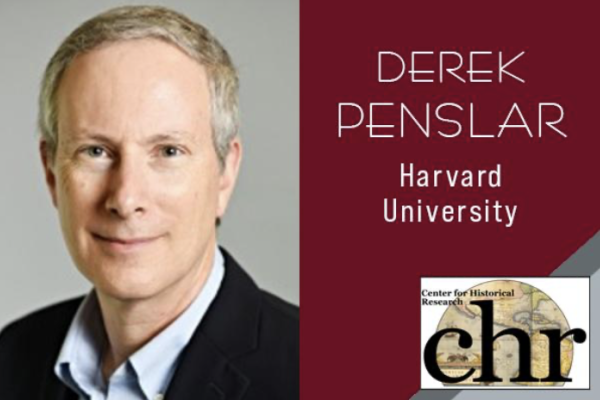
Anger is an emotional response to an unmet desire, a protest against deprivation. Righteous anger, also known as indignation, asserts the right to that which has been denied to a person. Like other feelings, righteous anger can be scaled up from the realm of individual interaction to that of the collective. In domestic and international politics, the performance of righteous anger anchors an interest group and legitimizes its cause, especially when it is in conflict with other actors.
This talk analyzes the role of righteous anger in Jewish and Arab discourse on the disposition of Palestine between 1947 and 1949. During the debates at the United Nations about the Palestine Question in 1947, both sides claimed to have been overlooked and betrayed by the international community. Their indignation was a protest against the indignity that had been visited upon them (by antisemitism and colonialism respectively) and an assertion of entitlement. The 1948 war only deepened each side’s grievances and belief in its own righteousness. As the subsequent history of the Israeli-Palestinian conflict has demonstrated, righteous anger is a durable political emotion that can be transmitted across generations.
Derek Penslar is the William Lee Frost Professor of Jewish History and the Director of the Center for Jewish Studies at Harvard University. His books include Jews and the Military: A History (2013), Theodor Herzl: The Charismatic Leader (2020; German ed. 2022); and Zionism: An EmotionalState (2023). He is currently writing a book titled The War for Palestine, 1947-1949: A Global History. He is a past president of the American Society for Jewish Research, a fellow of the Royal Society of Canada, and an Honorary Fellow of St. Anne’s College, Oxford.
Co-sponsored by Near Eastern & South Asian Languages and Cultures, the Melton Center for Jewish Studies, and the Mershon Center for International and Security Studies
